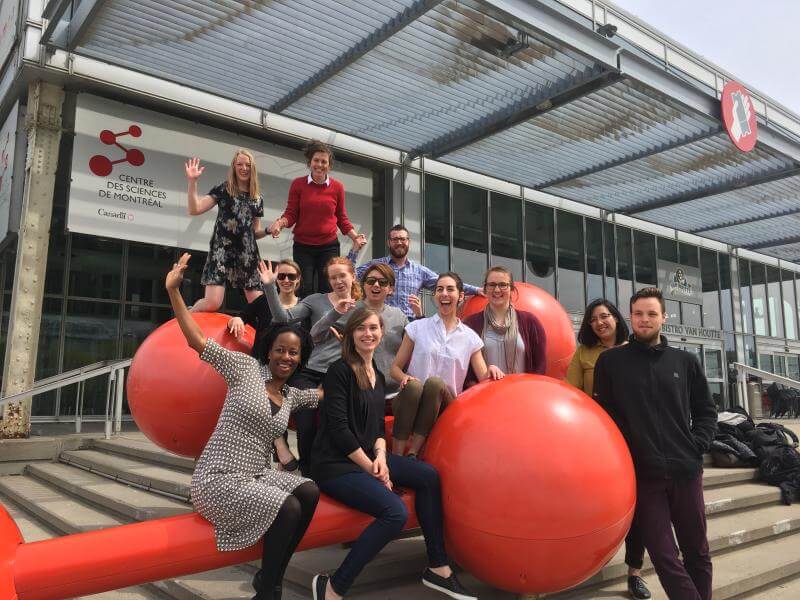Confidentiality, Openness, and Attribution: Creating Pedagogical Spaces for Earnest Exchange About Science & Science Policy
Eric Kennedy, Consortium for Science, Policy, and Outcomes - Arizona State University; Matthew Harsh, Concordia University
Sydney 2018: Issues, people and publics
 The social studies of science challenge us to think critically about science, its practice, and its role in decision-making – and to take action on these insights. One way of taking action is through preparing future leaders to shape science in ways that are socially responsible and critically informed. To do this, we run multiple sessions each summer of a program called Science Outside the Lab North. The program takes place in Ottawa and Montréal, Canada, and recruits an interdisciplinary cohort of participants from across the country. It offers an initial intensive course on the theory and history of science policy, science communication, and science studies, followed by a five-day program of in-depth group interviews and discussions with policy leaders. Consisting of everyone from Chief Scientists to policy analysts, and from science journalists to museum curators, these experts offer fruitful insights about their experiences in science- and technology-related roles. It also, however, raises a challenge: how to create an environment where these leaders feel comfortable answering student questions on sometimes sensitive subjects honestly and candidly. To do this, we’ve run the program under a modified set of ‘Chatham House Rules,’ which restrict what can and cannot be reported from the meetings. In turn, however, they raise pedagogical challenges, such as difficulties reporting back to peers about lessons learned and the difficulty of maintaining anonymity within a small program. In this Making & Doing session, we reflect on our modifications to the Rules, their pedagogical impacts, and improvements planed for future programs.
The social studies of science challenge us to think critically about science, its practice, and its role in decision-making – and to take action on these insights. One way of taking action is through preparing future leaders to shape science in ways that are socially responsible and critically informed. To do this, we run multiple sessions each summer of a program called Science Outside the Lab North. The program takes place in Ottawa and Montréal, Canada, and recruits an interdisciplinary cohort of participants from across the country. It offers an initial intensive course on the theory and history of science policy, science communication, and science studies, followed by a five-day program of in-depth group interviews and discussions with policy leaders. Consisting of everyone from Chief Scientists to policy analysts, and from science journalists to museum curators, these experts offer fruitful insights about their experiences in science- and technology-related roles. It also, however, raises a challenge: how to create an environment where these leaders feel comfortable answering student questions on sometimes sensitive subjects honestly and candidly. To do this, we’ve run the program under a modified set of ‘Chatham House Rules,’ which restrict what can and cannot be reported from the meetings. In turn, however, they raise pedagogical challenges, such as difficulties reporting back to peers about lessons learned and the difficulty of maintaining anonymity within a small program. In this Making & Doing session, we reflect on our modifications to the Rules, their pedagogical impacts, and improvements planed for future programs.

